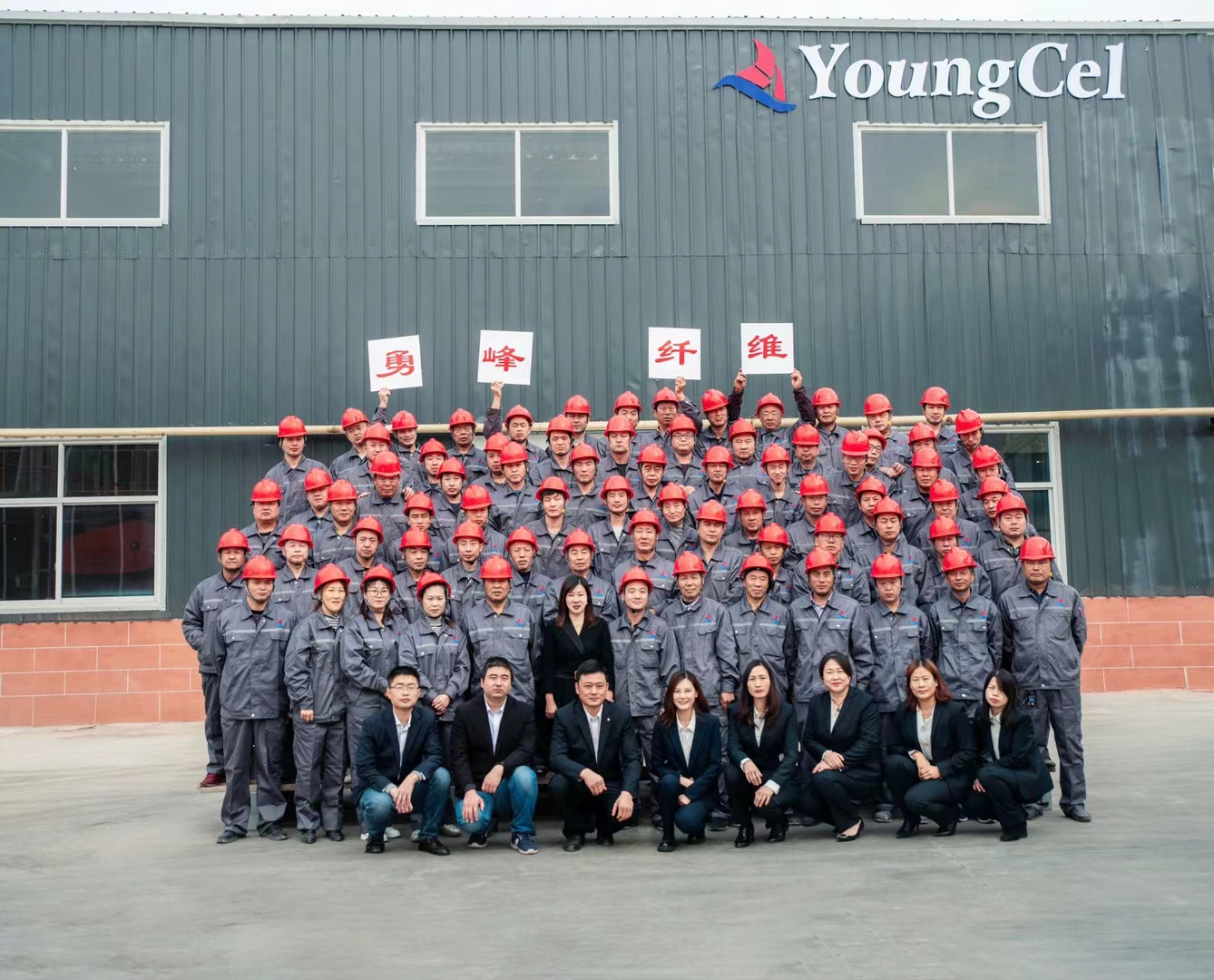Understanding Industrial Thickening Processes and Applications
Industrial thickening is a critical process used across various sectors, including mining, wastewater treatment, and pharmaceuticals. The primary objective of thickening is to increase the concentration of solid materials in a liquid suspension, making subsequent processes like dewatering, filtration, or further processing more efficient and cost-effective. This article explores the mechanisms, types, and applications of industrial thickening, highlighting its importance in modern manufacturing and environmental management.
The Thickening Process
Thickening involves the separation of solids from liquids in a slurry to produce a denser material. The primary mechanisms behind thickening are gravitational settling and centrifugation. In gravitational thickeners, the solid particles settle to the bottom of a tank due to gravity, forming a concentrated sludge that can be removed for further processing. Gravity thickeners often have a large surface area and a slow hydraulic retention time, allowing ample time for the solids to settle.
Centrifugal thickeners, on the other hand, utilize centrifugal force to speed up the separation process. This technology is particularly effective in handling fine particles and is commonly used in industries where space and time are critical factors. Unlike gravitational methods, centrifugal thickeners can achieve higher solid concentration levels in a shorter period.
Types of Thickeners
There are several types of thickeners used in industrial applications
1. Continuous Thickeners These systems operate continuously, allowing for a steady input and output of materials. Continuous thickeners are commonly used in mining and mineral processing to separate ore from water.
2. Batch Thickeners These systems process a set amount of slurry at a time before discharging the thickened material. Batch thickeners are beneficial when dealing with variable feed compositions and are commonly found in wastewater treatment facilities.
3. High-Rate Thickeners These systems are designed for high solid-liquid separation rates, producing a denser underflow. They are often used in mineral processing and tailings management in mining industries.
industri thicken

4. Paste Thickeners These are designed to create a high-density sludge that has a low water content, making it ideal for storage and transportation. Paste thickeners are particularly useful for managing tailings in mining operations, as they reduce the environmental footprint of disposal.
Applications of Thickening
Industrial thickening finds applications across various sectors, including
- Mining In mining operations, thickening is essential for recovering valuable minerals from ore. After grinding and flotation, thickening concentrates the slurry for further processing. This not only improves recovery rates but also minimizes the amount of water used in the process.
- Wastewater Treatment In wastewater treatment plants, thickening helps reduce the volume of sludge before it undergoes digestion or dewatering. By increasing the solid content, treatment facilities can lower disposal costs and improve the energy efficiency of subsequent processes.
- Pharmaceuticals In the pharmaceutical industry, thickening agents are utilized in formulations to achieve desired viscosity levels in liquid medications. This ensures uniformity and stability in products, which is crucial for patient safety and drug efficacy.
- Food and Beverage Thickening agents play a vital role in food processing, influencing texture and consistency. Examples include starches, gums, and pectins, which are employed in sauces, dressings, and dairy products.
Conclusion
Industrial thickening is a sophisticated process that significantly impacts efficiency, safety, and environmental sustainability across various sectors. By optimizing solids-liquid separation, industries can enhance productivity, reduce waste, and conserve resources. As technology continues to evolve, innovations in thickening processes are likely to emerge, driving further improvements in industrial efficiency and sustainability. The role of industrial thickening will undoubtedly remain crucial in the pursuit of modern manufacturing excellence and environmental stewardship.
-
The Application and Significance of Construction RdpNewsMay.19,2025
-
Industrial Grade HpmcNewsMay.19,2025
-
Building Coating Adhesive Building Coating Adhesive HpmcNewsMay.19,2025
-
Application Of Hpmc For Detergent For Detergent In DetergentsNewsMay.19,2025
-
Application Of Hpmc Cellulose In Cement-Based MaterialsNewsMay.19,2025
-
Application Of High Quality Hpmc For Construction In The Field Of ConstructionNewsMay.19,2025




